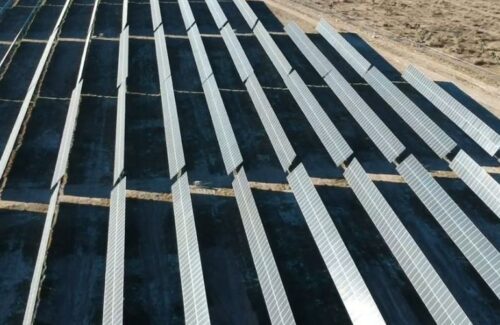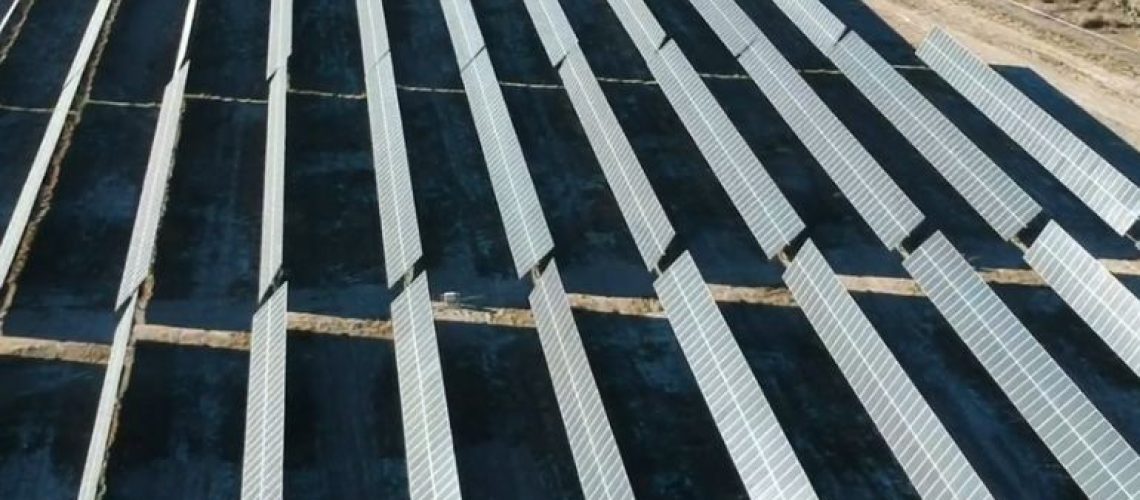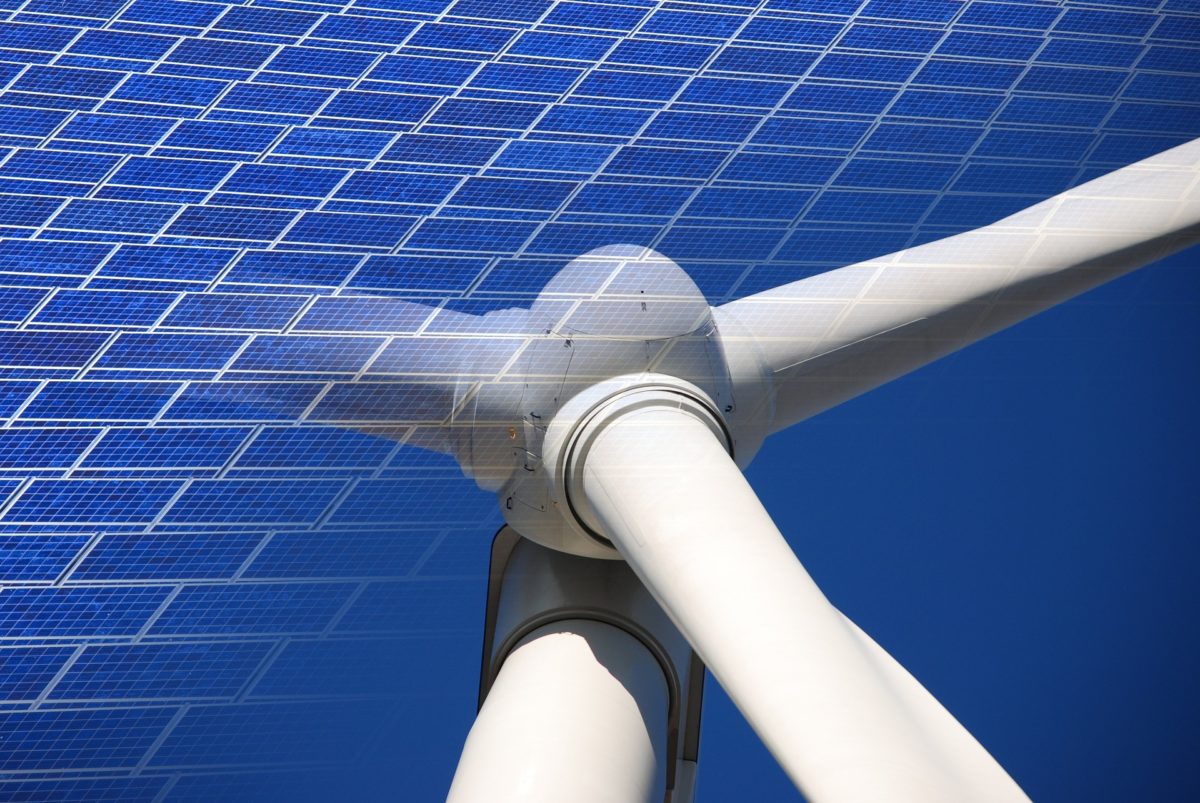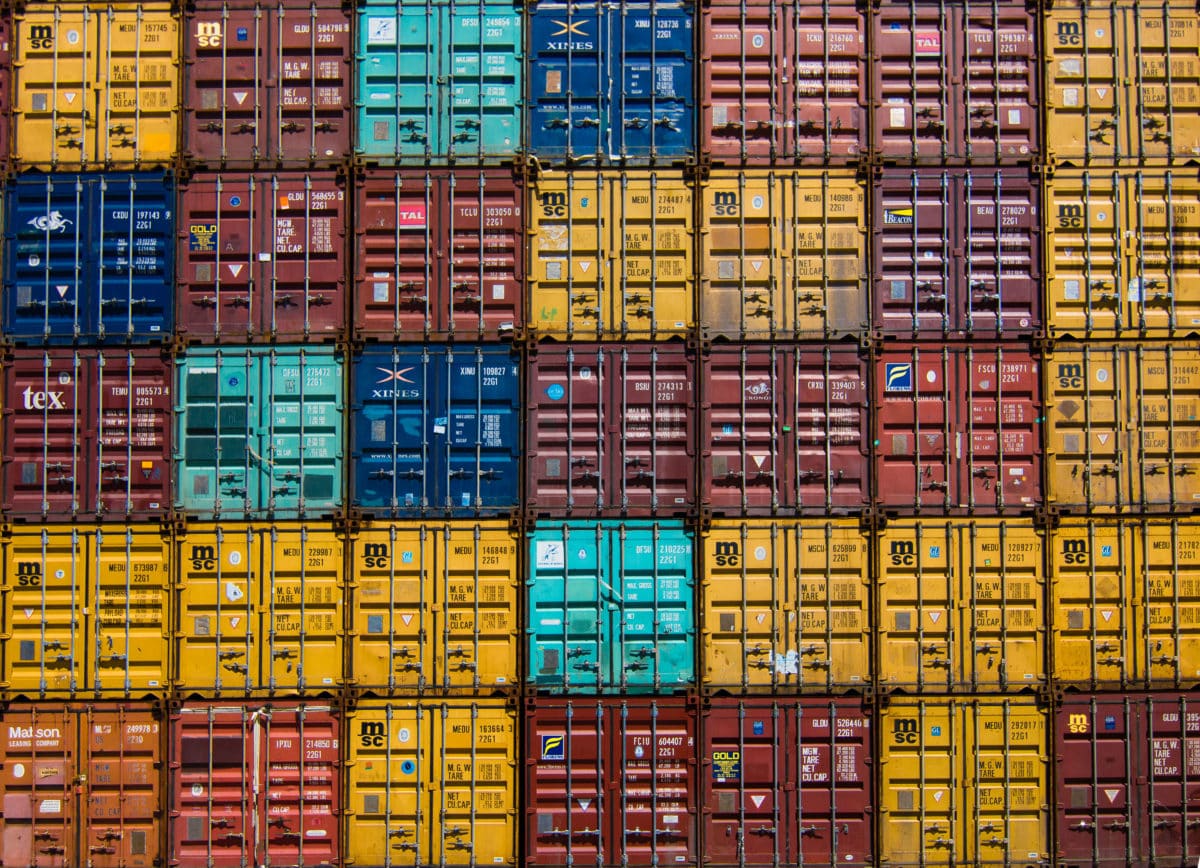 Soltec announced it has launched a new bifacial tracking algorithm. This new algorithm seeks the optimal position of the solar tracker considering not only the front radiation, as all tracking algorithms have done until now, but also the rear radiation. Thus, the algorithm calculates the perfect position or angle that maximizes production by considering the radiation from both sides of the bifacial module.
Soltec announced it has launched a new bifacial tracking algorithm. This new algorithm seeks the optimal position of the solar tracker considering not only the front radiation, as all tracking algorithms have done until now, but also the rear radiation. Thus, the algorithm calculates the perfect position or angle that maximizes production by considering the radiation from both sides of the bifacial module.
The company has compiled the findings from both analytical trials carried out across different latitudes (equatorial, northern and Mediterranean) as well as experimental trials conducted at its test field in Murcia, Spain, into a new white paper. Thanks to this research, the solar tracking expert firm has found an improvement in energy production of up to 0.30% (0.41% during the activation period).
“Although bifacial photovoltaic modules have become very popular in recent years and are practically the first choice for most developers, structure manufacturers have not yet adapted their tracking algorithms to take full advantage of them, until now using a standard tracking approach identical to that used for monofacial modules. However, with Soltec’s bifacial tracking, we have the opportunity to position the trackers at new angles that allow us to maximize total gain by taking into account both sides of the module and not just the front,” said Javier Guerrero, leader of the research and PhD in Renewable Energies from the Polytechnic University of Cartagena.
This algorithm adds to other tracking algorithms developed by the company, all designed to increase plant production and therefore its economic performance. This is the case with the ‘TeamTrack’ algorithm, which avoids shading between rows of trackers during hours of lower solar radiation due to irregularities in the terrain, or the ‘Diffuse Booster,’ whose objective is to maximize production when diffuse radiation is greater than direct radiation.
News item from Soltec






